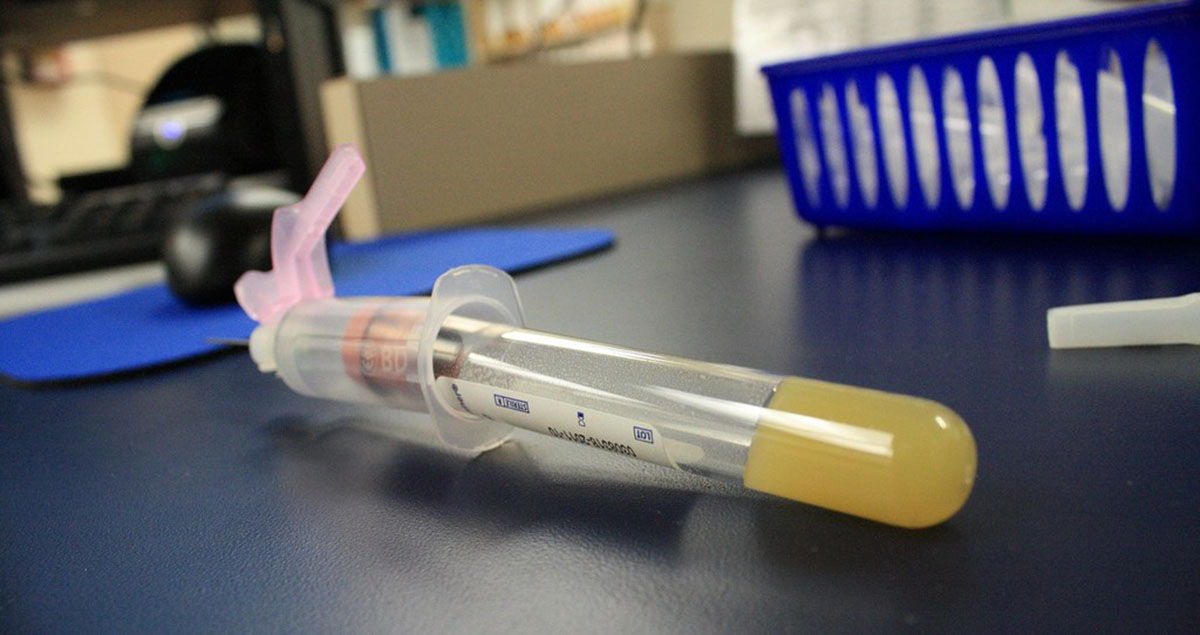Table of Contents
Repeated episodes of hematemesis can be dangerous for your body. This may result in anemia - low level of blood in the body. This is the reason why hematemesis should not be ignored.

Diagnosis of Hematemesis
To correctly diagnose the cause of hematemesis, it is necessary that you explain in detail your symptoms and general physical condition to your doctor.
Following are the things that must be told to the doctor for the accurate diagnosis:
- The time the vomiting started
- Whether it has happened before
- The amount of blood in the vomit
- The color of the blood
- Any recent outbreaks of nosebleeds, vomiting, violent coughing, stomach problems that you may have had
- Any surgeries or dental work you may have had
- Any other symptoms you may be experiencing
- Any other medical ailments or conditions that you may have
- Any medication you are on
- Whether you drink alcohol or smoke
The doctor may advice some tests according to the history and complaints. Some common tests include:
- Esophagogastroduodenoscopy (endoscopy of the upper gastrointestinal tract)
- Blood tests – Complete blood count (CBC), blood chemistry, clotting test
- Liver function tests (LFT’s)
- Nuclear medicine scan
- X-rays
- Rectal examination
- Inserting a tube through the nose into the stomach to check for any blood
Treatment of Hematemesis
The exact treatment depends on the basic cause and origin of the bleed. However, the first course of action is to stop the excessive bleeding.
An anesthetic is administered to help the individual relax.
In extreme cases, the bleeding may be so intense that determining the exact location through an endoscopy may not be possible.
Since the most common cause is usually an ulcer, treatment generally involves using a sclerosing agent on the ulcer, or banding any esophageal varices. Once the exact cause has been determined, treatment for its cure is also given.
If a lot of blood has been lost, emergency treatment is required. This includes:
- Blood transfusion
- Intravenous fluids to maintain blood pressure
- Antacids to decrease stomach acids in case of ulcers
- Surgery if the bleeding persists and the cause cannot be determined
Prevention of Hematemesis
Acute bleeding from the upper gastrointestinal tract may prove to be life-threatening if not treated and managed promptly. An individual suffering from such a condition requires aggressive medical treatment. An endoscopy to assess the location and course of treatment is vital. The individual may also require fluid resuscitation if he is diagnosed as being hemodynamically unstable.
One of the most common causes of such bleeding is a peptic ulcer. However, bleeding from varices also accounts for many cases of hematemesis and poses a much greater risk as well. In such cases, individuals must be tested for H. pylori infections, which is usually the underlying cause of most ulcers. Furthermore, individuals with a history of bleeding ulcers may need to follow a long-term regime of taking non-steroidal anti-inflammatory drugs. The treatment works better if these are given along with a proton pump inhibitor.
Educating Patients about Hematamesis
The doctor must make it a priority to inform the patient regarding all the risks and complications associated with the condition. The patient must understand the importance of an accurate diagnosis and treatment regime. The doctor must also help the patient in understanding and recognizing the underlying causes of upper gastrointestinal bleeding.
Any drugs, even Aspirins, must always be used if and as directed by the physician. If the patient is an alcoholic, he must be alerted about his condition and asked to take the necessary steps to stop drinking.
See Also: Gastrointestinal Bleeding Or Blood In The Stool - What Does It Mean?
Getting an early consult might help prevent further complications, thus never dismiss such signs as unimportant. Moreover, if any of the symptoms continue even treatment, such as dizziness, weakness, bloody stools, etc, contact your doctor immediately.
Lastly, the significance of regular follow-ups must be stressed upon, especially for those who have been treated for massive gastrointestinal bleeds. Serial hematocrit and hemoglobin tests must be performed to help keep track of progress and recovery.
- Photo courtesy of Jade Jackson by Flickr : www.flickr.com/photos/jadejackson/5685352034
- Photo courtesy of Wheeler Cowperthwaite by Flickr : www.flickr.com/photos/wcowperthwaite/5774698738
- www.nlm.nih.gov/medlineplus/ency/article/003118.htm
- http://www.mdhil.com/hematemesis-causes-symptoms-and-treatment/
- http://info.isabelhealthcare.com/blog/bid/166655/Symptom-Information-Vomiting-blood-Hematemesis
- http://www.mayoclinic.org/symptoms/vomiting-blood/basics/definition/sym-20050732


Your thoughts on this